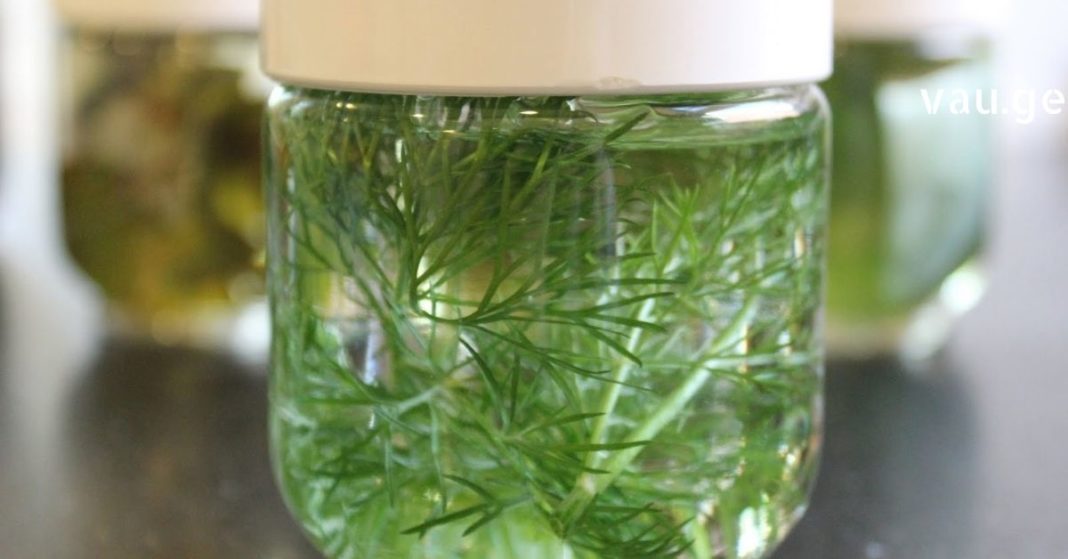If you or someone you know is complaining about a lack of appetite, it’s time to take action — and surprisingly, the remedy might start with something as simple as dill and a bottle of dry white wine. But before we get into the solution, let’s talk about what’s really going on when appetite disappears.
Loss of appetite, medically known as anorexia (not to be confused with anorexia nervosa), can be caused by a variety of factors. One of the most influential systems involved is the central nervous system (CNS).
The central nervous system plays a key role in regulating hunger and satiety. It not only governs the feelings of being hungry or full, but it also influences how we perceive taste, stimulates the digestive tract, and helps control the secretion of digestive enzymes and juices. When the CNS isn’t functioning properly — whether due to illness, stress, or other disruptions — appetite can quickly diminish, especially in children.
Why Do We Lose Appetite?
Loss of appetite is often a natural companion to viral or bacterial infections. When the body is battling illness, it instinctively redirects energy. Rather than focusing on digestion, which is a metabolically expensive process, it prioritizes fighting off the infection. That’s why it’s completely normal for sick children to refuse food. Their bodies are simply conserving energy for healing.
Also, let’s be honest — when you have a sore throat, a headache, an upset stomach, or a fever, eating is the last thing on your mind. That’s why it’s important to offer children (and adults) light, easy-to-digest meals during illness. Think of foods rich in fluids and vitamins — broths, soft fruits, and vegetable-based dishes that are gentle on the stomach.
Physiological Reasons Behind Loss of Appetite
Appetite loss isn’t always about illness. There are physiological factors at play too. For instance:
- A child may not move around enough during the day. Physical activity stimulates metabolism and hunger.
- They might be dressed too warmly or staying in an overheated room, which reduces the body’s drive to eat.
- Drinking excessive fluids — especially water or juice before meals — can fill up a child’s small stomach, leaving little room for food.
- Sometimes, the issue is simply aesthetic. Kids, like adults, are visual eaters. If a dish looks unappealing, they may reject it before even tasting it.
- Texture, flavor, and temperature matter too. Food that is too salty, spicy, greasy, too hot, or too cold may be immediately off-putting.
Children also quickly grow bored with repetitive meals. Some may even suffer from neophobia — a fear of trying new or unfamiliar foods. This is something that parents should patiently work through with their children, encouraging small tastes and modeling openness toward different cuisines.
Of course, all these same factors can apply to adults. In fact, I speak from experience.
My Personal Struggle
I was unwell for quite some time. I resisted going to the doctor for as long as I could, but eventually, an operation became unavoidable. The long recovery process, combined with an overwhelming intake of medications, drained me completely — physically and emotionally. My appetite vanished. And once the time came to start taking even more drugs to “fix” my lack of appetite, I decided I couldn’t burden my body (or my wallet) any further.
So, I turned to traditional remedies — and that’s where I found relief.
The Natural Remedy That Worked
Here’s a simple yet powerful folk remedy for loss of appetite:
- Take 200 grams of fresh dill, finely chopped.
- Pour 1 liter of dry white wine over the dill.
- Store the mixture in a cool, dark place and let it sit for several days, shaking occasionally.
- Once it’s ready, strain it well.
- Take 25–30 grams of the infused wine three to four times a day, before meals.
Not only is this solution natural and easy to prepare, but it’s also surprisingly effective. Dill has long been recognized for its digestive properties, and wine helps to stimulate appetite and circulation in moderation.
If you’re struggling with appetite — whether due to illness, stress, or recovery — sometimes the answer lies not in another prescription, but in your own kitchen.


















